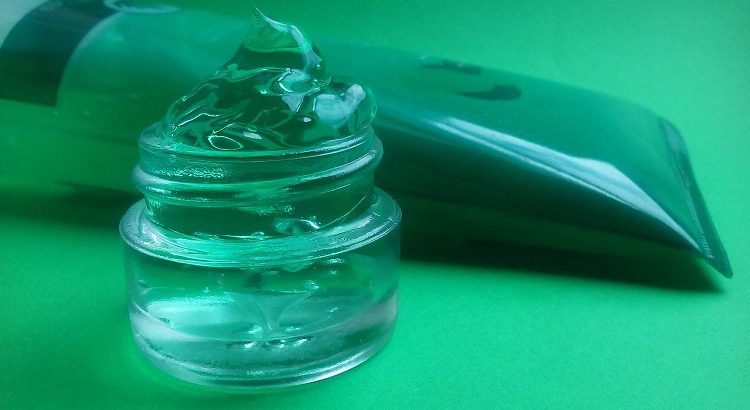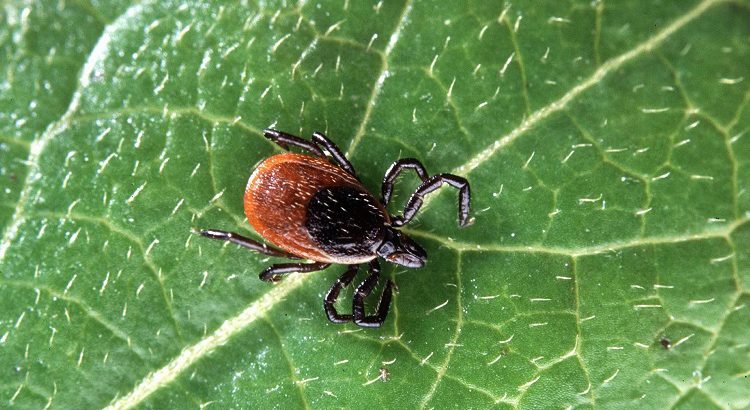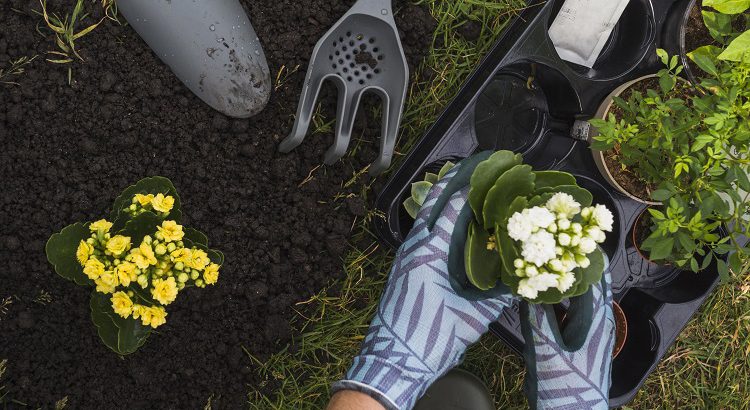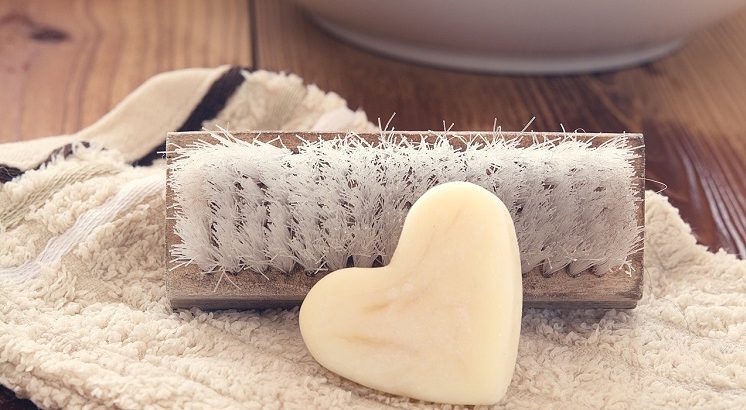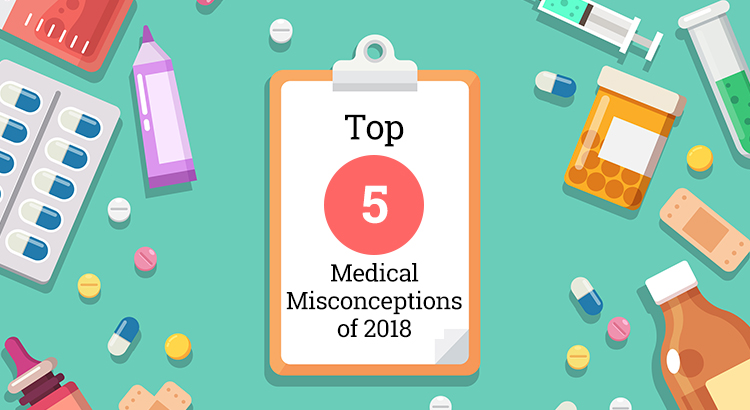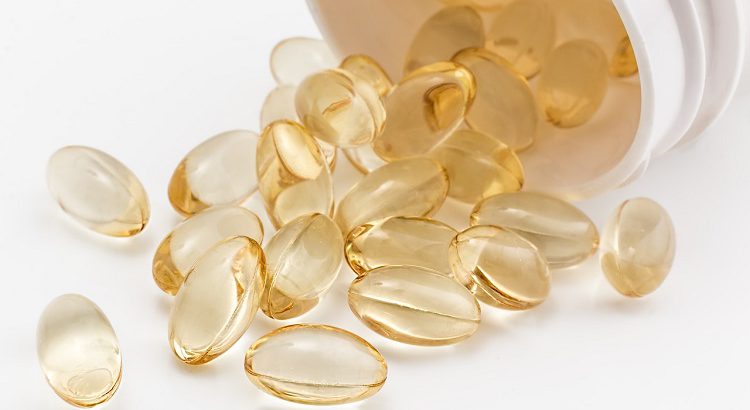Each month, we set the facts straight regarding a popular health and wellness myth.
This month’s myth: Patients must visit a medical doctor for quality care
For many patients, going to a doctor’s appointment doesn’t require a doctor. Instead, they’re part of growing trend of patients who receive care from a physician assistant (PA) or nurse practitioner (NP).

